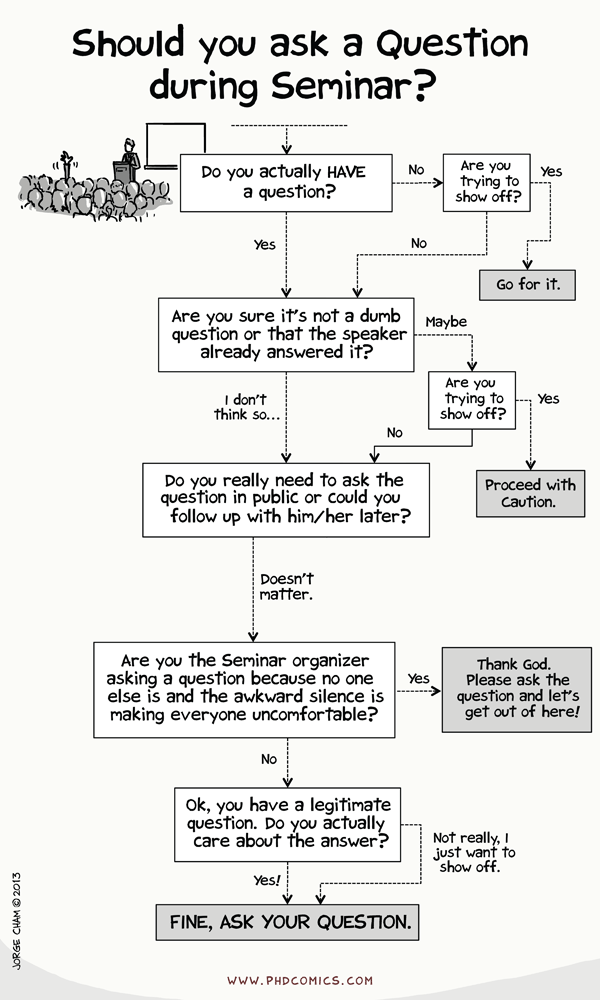…is prison for children and teachers:
…there are no public schools in America that I know of. They’re reeducation camps for people that weren’t educated in the first place, maybe, or little prisons, or pleasure domes for creepy teachers, or places where tubby women work out their neuroses about eating on helpless children at lunchtime — but there’s not much schooling going on in school. A public school is a really expensive, but shabby and ineffectual, private school that collects their tuition with the threat of eviction from your house.
…
The teachers in public school are as much at the mercy of this weird situation as the students. A teacher recently told us she has to keep a dossier on every child in the class, every day. That’s the Stasi, not Goodbye, Mr. Chips. They said that it’s not possible, really, so they have to make stuff up to finish it. All that time is subtracted from what little time they have for the kids in the first place. The teachers don’t know where all these weird directives come from any more than you do. They just don’t want to get fired for forgetting to rat out little Timmy if he chews his Pop-Tart in to a recognizable weapon-like shape. They go along to get along.
Peter Gray concurs:
Children come into the world beautifully designed to direct their own education. They are endowed by nature with powerful educative instincts, including curiosity, playfulness, sociability, attentiveness to the activities around them, desire to grow up and desire to do what older children and adults can do.
The evidence for all this as it applies to little children lies before the eyes of anyone who has watched a child grow from birth up to school age. Through their own efforts, children learn to walk, run, jump and climb. They learn from scratch their native language, and with that, they learn to assert their will, argue, amuse, annoy, befriend, charm and ask questions. Through questioning and exploring, they acquire an enormous amount of knowledge about the physical and social world around them, and in their play, they practice skills that promote their physical, intellectual, social and emotional development. They do all this before anyone, in any systematic way, tries to teach them anything.
This amazing drive and capacity to learn does not turn itself off when children turn 5 or 6. We turn it off with our coercive system of schooling. The biggest, most enduring lesson of our system of schooling is that learning is work, to be avoided when possible.
The focus of my own research has been on learning in children who are of “school age,” but who aren’t sent to school, or not to school as conventionally understood. I’ve examined how children learn in cultures that don’t have schools, especially hunter-gatherer cultures, the kinds of cultures in which our species evolved. I’ve also studied learning in our culture by children who are trusted to take charge of their own education and are provided with the opportunity and means to educate themselves. In these settings, children’s natural curiosity and zest for learning persist all the way through childhood and adolescence, and into adulthood.
It’s a century-old disaster, and one (as usual) foisted on us by the “progressives.”
